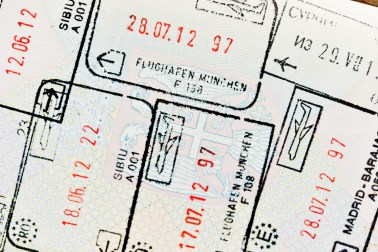When the agenda for this week’s Nato summit in Washington DC was announced, one of the items on it was funding for the alliance. This was no surprise: the need to financially supporting Ukraine since the Russian invasion in 2022 and the possibility of a second Trump presidency leading to a lower US commitment have brought the issue of money into sharp focus. It transpires that the new Prime Minister, Sir Keir Starmer, is urging his fellow Nato leaders to increase their levels of defence spending, but he may find that his moral authority is shaky.
The subject of defence spending is one which has bedevilled the alliance for years. In 2006, Nato’s defence ministers agreed that every member state should commit a minimum of 2 per cent of their gross domestic product (GDP) to military spending to ensure a basic level of preparedness for operations. This obligation was reiterated at the Wales summit in 2014, following Russia’s annexation of Crimea and ongoing instability in the Middle East (plus ça change…).

Get Britain's best politics newsletters
Register to get The Spectator's insight and opinion straight to your inbox. You can then read two free articles each week.
Already a subscriber? Log in







Comments
Join the debate for just £1 a month
Be part of the conversation with other Spectator readers by getting your first three months for £3.
UNLOCK ACCESS Just £1 a monthAlready a subscriber? Log in